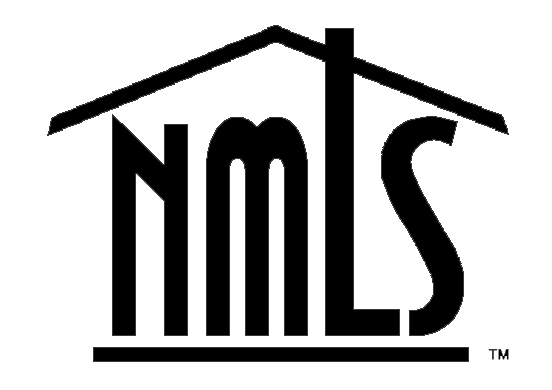
Budgets allow you to better handle having an excess of money or perhaps an unexpected shortage. What’s more, by sticking to a budget you are setting yourself up to being financially prepared for homeownership. Mortgage lenders look at a prospective borrower’s debt-to-income ratio when determining if they will lend money. The amount you have saved throughout the years and put down on a home not only impacts your interest rates, but also your financial future. After all, you don’t want to find yourself house-rich yet cash-poor.
Here are some do’s and don’ts when it comes to managing your finances!
Do…
Know your income – Determine how much money you will earn for the month. Be sure to consider your regular salary as well as other sources of income you may have, such as bonuses, alimony, child support, and interest on investments, etc. Seeing the numbers on paper of how much you earn versus how much you owe is an important part of being financially aware and may be a sobering look at how you are spending.
Create your plan – A realistic savings and debt payoff plan starts with determining if you have a budget shortfall or overage, which you can figure out by simply subtracting your expenses from your income. If you find that you are spending more than you are earning, it is time to eliminate some expenses. Prioritize your expenditures to determine those that are important and cut back where applicable. Ideally, you want to have 10-20% of your income left each month to add to your savings account.
Record your spending – One of the best ways to stay within your budget is to record each of your expenses and income. By enumerating your expenses, you are forcing yourself to be aware of where your money is going each month. There are many useful apps and websites to help you track your spending habits and maintain a budget.
Don’t…
Set a budget that is too tight – Many expenses fluctuate from month to month. By creating a budget that is too strict, you could be setting yourself up for failure. Make sure that your budget is flexible enough to allow for any unexpected expenses.
Ignore your savings account – Including a savings contribution as a monthly expense in your budget is a crucial component to ensure that you are saving money. Many banks allow you to automate a transfer to your savings account on a monthly or weekly basis.
Make your budget too complicated – If your budget is complicated or difficult to keep up with, you are less likely to use it. Try to simplify your budget as much as possible to make it easy to understand and use. There are many apps available that can help you simplify and follow your budget!
Is there anything that The Sharpe Mortgage Team can do for you this week? If you’re interested in purchasing a home or refinancing your current home in Winston-Salem or the surrounding areas, give us a call! We can discuss your financial goals and discuss a loan program that might be right for you.


